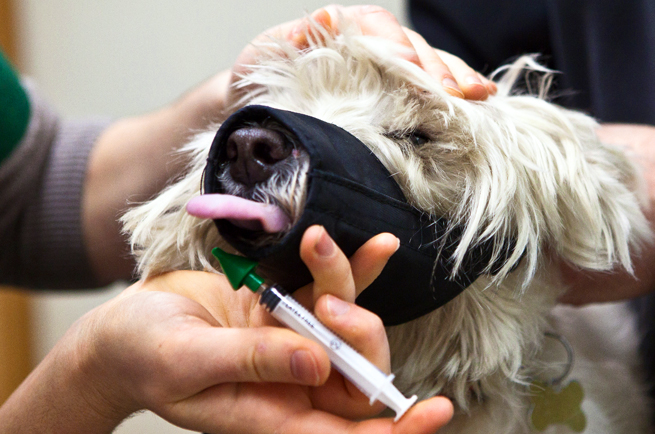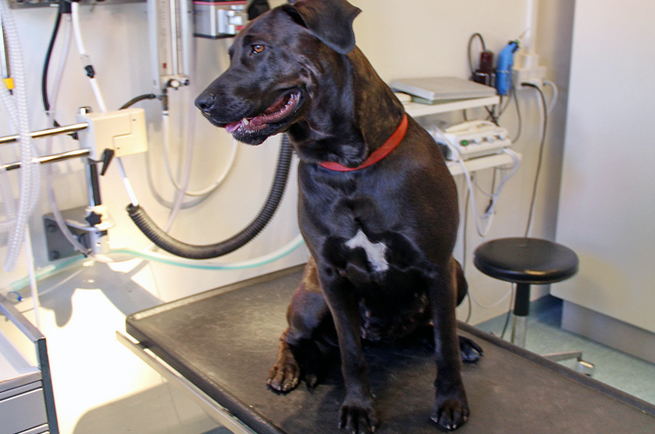Vaccinating your dog
Vaccinations, no body likes them and neither will your dog. However, dog vaccines are important in ensuring your pet is health throughout it’s lifetime. Making sure your dog is happy and healthy is not only limited to feeding, loving, and playing with it—you have to make sure that your dog receives the right vaccines at the right time.
27 Feb 2017 By Andrew Clarke Comments

What are dog vaccines?
Vaccines help the dog’s immune system fight against organisms that bring disease, including viruses and bacteria. Vaccines have antigens in their formulation, which makes them effective in combating the disease-causing organisms.
They are typically delivered via syringe, in strategic places where they can act best. After the introduction of the vaccine into the dog’s body, the immune system will be stimulated. So when the disease-causing organisms enter your dog’s body, his immune system will be primed to recognise and fight them off.

Health risks for your dog
While vaccines are generally beneficial for your dog in the long run, there are also some risks involved. Some recent studies show that there are some problems with the kind of vaccines given to a dog, as well as the duration of the protection and the timing of vaccine delivery.
Consulting with your veterinarian is a must—a professional will be able to prescribe a regime that will work best for your dog.

The kind of vaccine your dog needs
Don’t get too carried away. It is important to note that not every dog should have the complete roster of vaccines available to canines. Make sure to discuss with your vet what your dog does and does not need.
Make sure to be prepared to discuss pertinent details about your dog’s health, including the lifestyle it leads, the environment it lives in, its age and medical history, and travel habits (if that’s’ the kind of lifestyle your lead).

Kinds of dog vaccines
There are two basic kinds of dog vaccines: core vaccines and non-core vaccines.
Core vaccines are those considered vital for all dogs. This is determined based on the risk of exposure, the transmissibility of the disease to humans, and the severity of the disease. Core vaccines include those for distemper, rabies, canine hepatitis, and canine parvovirus.
Non-core vaccines, on the other hand, are prescribed based on the likelihood of your dog being in an environment where they could contract the disease. Non-core vaccines include those that fight leptospira bacteria, Borrella burgdorferi, and Bordatella bronchispetica.
Vaccinations and puppies
Veterinarians recommend that puppies receive a series of vaccines, often in the form of a combination formula that covers the defence against all the core diseases (hepatitis, parvovirus, and distemper). Aside from this combination vaccine, puppies should receive the rabies vaccine also.

Legal Requirements
It is ideal that you bring your dog for rabies vaccination every year, even if your state requires rabies vaccination every three years. Making sure that your pet’s rabies vaccination is up to date is a legal requirement. You can easily track this information by having your dog vaccinated near an important date so you would not forget.
27 Feb 2017 By Andrew Clarke Comments
comments powered by Disqus






